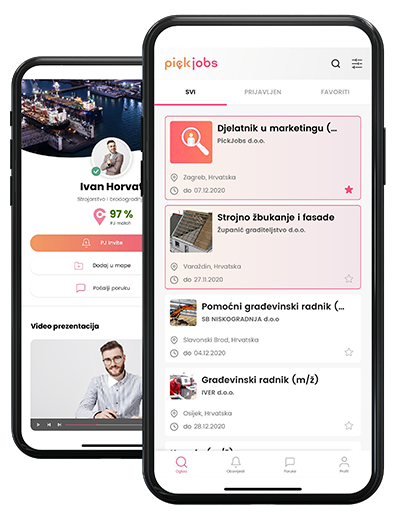The modern workplace today is characterized by its dynamism and diversity. It is possible to find individuals from different generations collaborating, attempting to achieve common goals. Many workplaces will consist of a mix of Baby Boomers, Generation X, Millennials, and Generation Z who work together successfully despite their diversities. Their differences can serve as a source of new perspectives and contribute to new strengths, but they can also lead to misunderstandings or conflicts. This article explores key strategies that can help successfully overcome such generational differences in the workplace and effectively foster harmony and productivity within the work team.
Understanding generations
To more effectively manage generations and their differences, it is essential to understand their individual characteristics and values.
- Baby Boomers (born 1946-1964): Often value experience, stability, and loyalty. Prefer face-to-face communication and place a strong emphasis on a robust work ethic.
- Generation X (born 1965-1980): Value the balance between work and personal life as well as independence. Also possess strong problem-solving skills.
- Millennials (born 1981-1996): Are tech-savvy and appreciate innovation. Seek purpose and personal growth in their work and prefer collaboration.
- Generation Z (born 1997-2012): Also known as "digital natives" due to their high familiarity with technology. Work best in an environment that encourages creativity and learning.
Effective communication
A key aspect of managing any team, including managing different generations, is clear and effective communication. To quickly resolve any problems or misunderstandings and facilitate easier solutions, companies should encourage open and transparent communication. This may involve a combination of digital channels and live conversations to cater to the preferences of different generations and clearly convey the message to each team member. Additionally, active listening and empathy can be crucial skills in connecting individuals from different age groups. Even if they do not find common themes or interests, mutual respect can greatly contribute to team cohesion and harmony.
Mentorship programs
In managing generational differences, establishing mentorship programs can prove effective. Through these programs, experienced employees, typically from older generations, have the opportunity to share their knowledge and experiences with younger colleagues. Simultaneously, it provides them with a chance to learn something new from fresh perspectives of the colleagues they mentor, creating an environment where both sides can master new skills. It is essential to remain open to mutual ideas and appreciate different perspectives to create a quality culture of knowledge sharing and collaboration among generations. A strong relationship formed through mentorship can be maintained even after the mentoring itself concludes.
Five strategies to help you be happier at work
Flexible work arrangements
Different generations usually have different expectations regarding the balance between work and personal life, which may depend on the culture and period in which they grew up. To keep employees satisfied, it is recommended to offer flexible work arrangements, including options such as remote work or flexible working hours. This not only increases the satisfaction of individual employees but also enhances their productivity.
Inclusive decision-making
To achieve harmony among all generations, it is crucial to encourage inclusivity during decision-making. If employees from different age groups have the opportunity to express their opinions and contribute to important decisions, it fosters a sense of belonging and the importance of individual roles. Each generation will have its own perspectives that can lead to more innovative results.
To successfully manage generational differences in today's workplace, understanding and adaptation are crucial. Adapting communication and introducing mentorship and new working arrangements can greatly contribute to a harmonious and productive team and, consequently, the overall success of the company.

 Croatia
Croatia Bosnia and Herzegovina
Bosnia and Herzegovina Serbia
Serbia Crna Gora
Crna Gora North Macedonia
North Macedonia Ukraine
Ukraine Albania
Albania Kosovo
Kosovo Austria
Austria Deutschland
Deutschland Switzerland
Switzerland









